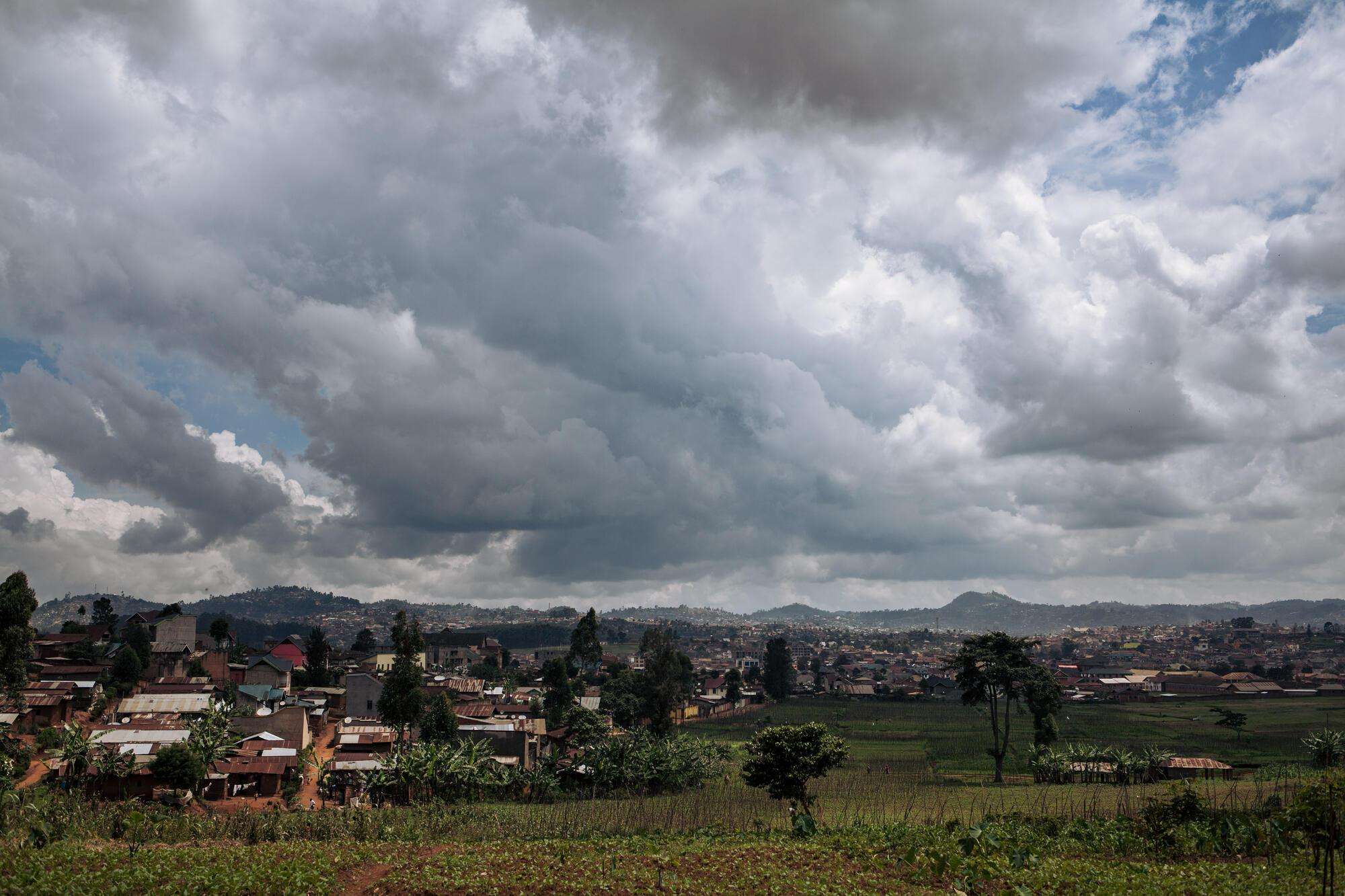Doctors Without Borders/Médecins Sans Frontières(MSF) is supporting the national response to the new Ebola outbreak in North Kivu, in northeastern Democratic Republic of Congo (DRC). Teams are carrying out a mobile intervention to help patients, their families, and communities living in the affected area.
A new case of Ebola virus disease was confirmed in North Kivu on February 7, 2021, marking the start of the country’s twelfth outbreak. Since the end of DRC's tenth Ebola outbreak here in June 2020—the country’s largest ever—MSF teams have continued to support the province's health authorities and local communities.
Homam Shahhoud, who leads MSF’s medical response in North Kivu, provides this update on the Ebola response:
“We are supporting the Matanda general hospital, in the Vungi health district, and the Muchanga health center, in the Muchanga health district, by improving triage and the early identification, diagnosis, and admission to care of people potentially sick with Ebola. We are going to provide them with effective treatments to increase their chances of survival and reduce the suffering caused by the disease.
“We are working with local families to identify contacts of confirmed patients and protect them from the disease via the most appropriate tools, based on their level of exposure to the risk of infection. We will provide them with the means to isolate if necessary and to seek immediate medical care in case of symptoms. We will also help existing health facilities in the Katwa health zone and in other areas affected by the outbreak, to strengthen infection prevention and control measures and limit the spread of this deadly disease.
“Helping families to cope with the outbreak is critical. To this end, MSF has developed a community-based approach focusing on dialogue with patients and their families, and on supporting; people affected by the disease. We need to make sure they have the means to protect themselves and get treated. Our intervention will be flexible and centered on patients’ needs. We will intervene in the health districts that need help, coordinating with the local health authorities and other partners.




